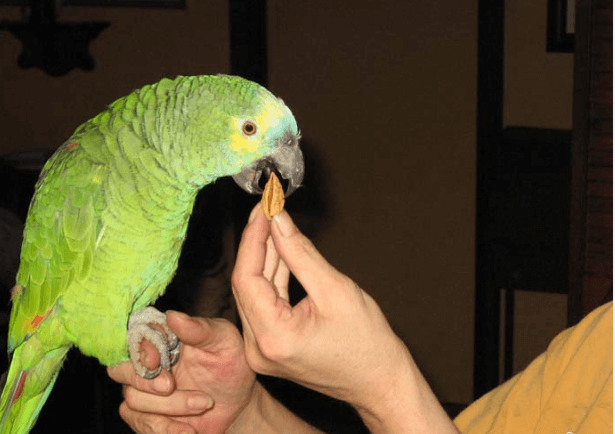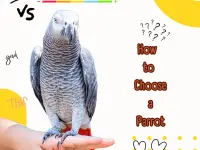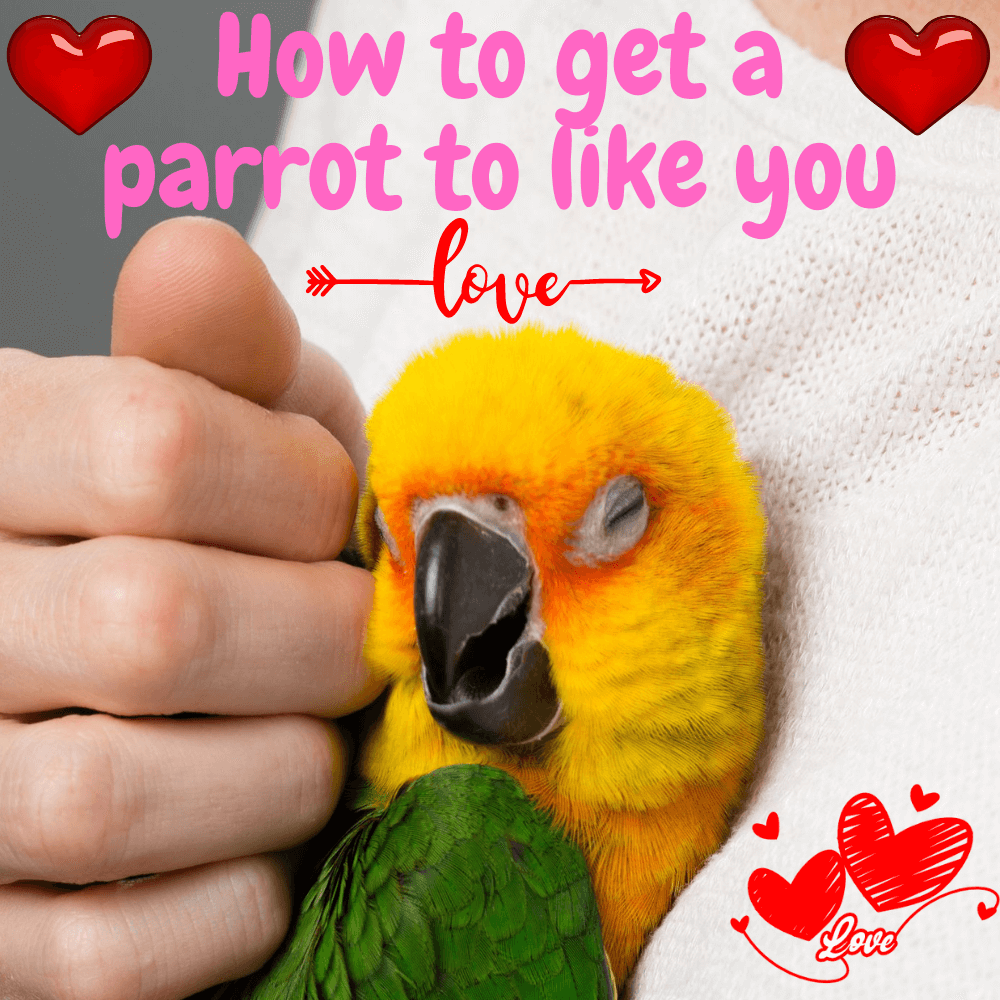
In fact, scratching the head of a parrot is a good first step to gaining his trust. In conclusion, scratching the head and neck of your parrot: African grey parrots, Timneh, Cockatoo parrot, Amazon parrot, Macaw parrot, Cockatiel parrot, Conure, Eclectus, Lovebird, budgie, Senegal parrot will cause the bird to develop a love for you, and this is because the head and neck of African grays are out of their reach, and always seem to itch them. And no matter how they feel, African greys will always appreciate scratches and scratches and ask for more.
- Reinforce ( reward ) immediately after the good behavior.
- Reinforce each step of the targeted behavior. Reinforce all the progress of the parrot.
- Be predictable and consistent in tracking consequences.
- The booster must be offered by one or more people who are important to the parrot ( hugs or rewards from a stranger are not attractive to the bird ).
- Choose the right booster, the one that’s right for your parrot ( their tastes, age, motivation, interests ), and change them as soon as they seem to lose their attraction to the bird.
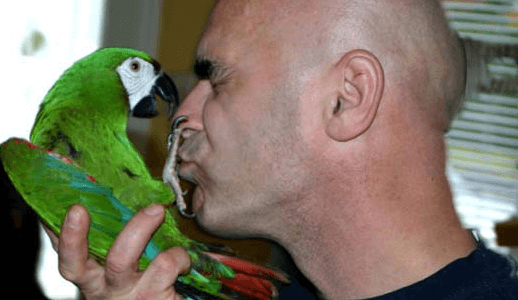
- Be patient, you will have to repeat it often over and over again.
- Set reasonable limits. Do not demand anything that may be beyond your parrot’s comprehension. He is not a human and some concepts will always remain abstract for him. Have reasonable expectations for the age, temperament, personality, and species of your parrot.
- Clearly state the rules, limits, and consequences ( good and bad ). If it is not clear, simple, or logical, the bird will get a lot frustrated.
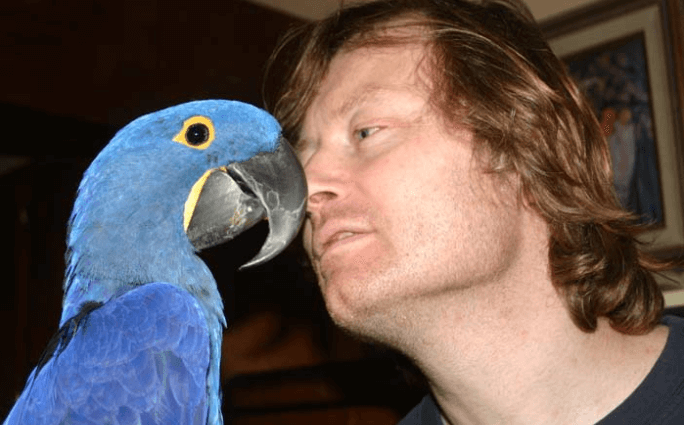
- Surprise the parrot to act well as often as possible and reinforce it.
- Be brief in your messages. Too much direction can confuse the bird and substantially reduce its chances of successfully meeting your expectations.
- Patiently teach your bird to control its impulses. Waiting and waiting are not part of the parrot’s genetic makeup. These are long and difficult concepts for him to assimilate.
- Stay positive by offering your parrot alternatives to unwanted behavior.
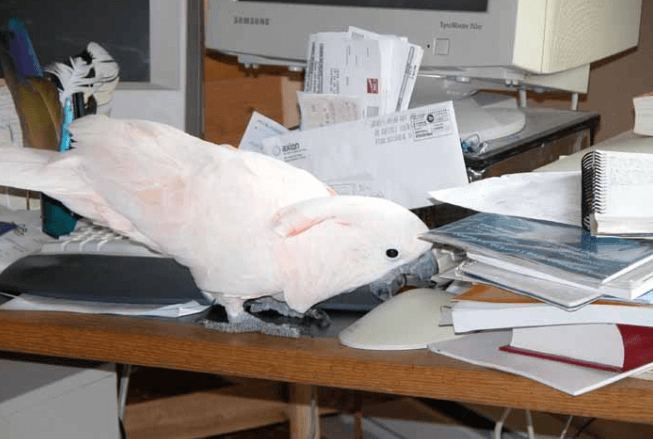
- Leave the leisure to the bird to make its choices and to conceive of the consequences. It is through his mistakes that he will learn.
- Never use coercion, fear, violence, or excessive punishment. If you adopt threatening attitudes, your bird will only think about your anger and completely forget what triggered it and will certainly not be able to assimilate anything under these conditions.
- Be firm, but fair and moderate. Repression has never engendered anything but fear, frustration, and violence.
- Remind yourself that it takes a long time for a parrot to understand which of its actions are acceptable and which are not.
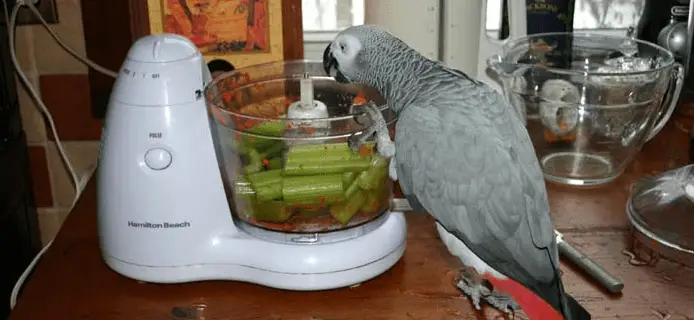
- The error is not a fault.
- Don’t overstimulate a newly arrived young or older parrot by bombarding them with rules. All you will be able to teach him is to stop hearing each other with bewildering indifference.
- The punishment only comes down to withdrawing the positive stimulus, must be instantaneous, of very short duration, and not elicit an emotional response from you.
